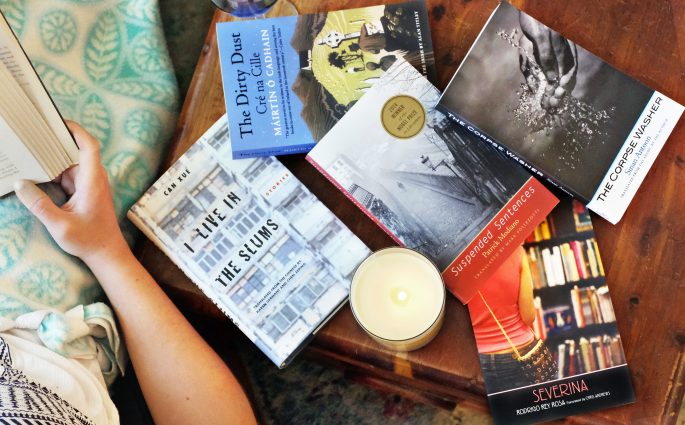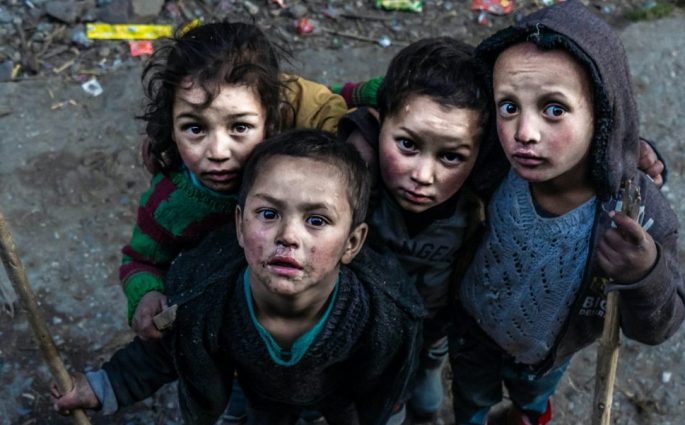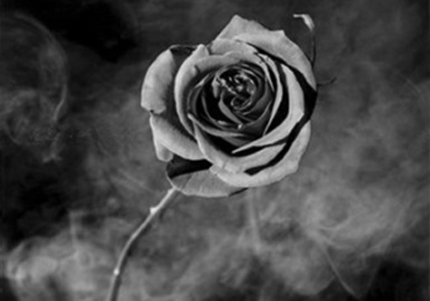In the Olive Orchard with Luigi Pirandello
Luigi Pirandello, the great twentieth-century Italian playwright, was also a maestro of the short story. In Virginia Jewiss’ introduction to her new translation of Pirandello’s short stories, she writes, “The Pirandello we meet here is a master storyteller, with an ear for dialogue, an eye for revealing details, and a keen sense of the crushing burdens of class,










